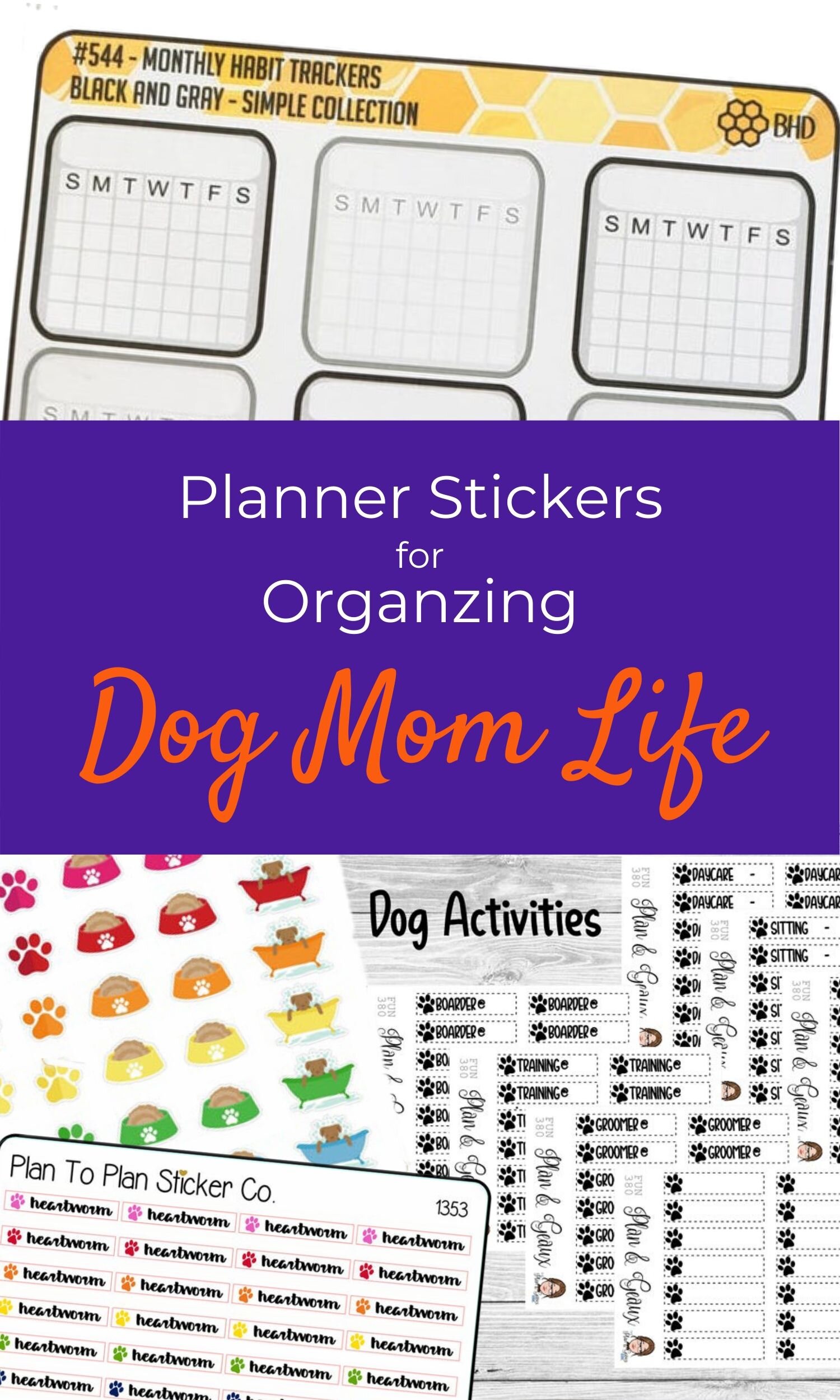Addison’s Disease in Dogs
Once our smiling dog Bernie McSquare was diagnosed with atypical Addison's Disease, we sat down with our vet and put together a treatment plan. Within the first few months, we made a few small adjustments, but overall, the treatment plan has remained pretty consistent.
Most days Bernie is a happy boy who loves life. He looks forward to our daily walks and slightly longer weekend adventures. Attending different obedience classes keeps him mentally sharp. Playing with his pals at doggie daycare and his little sister Lizzie keeps him spry.
When he experiences stress, though, our Doodle's atypical Addison's Disease may flare up. We have to be ready.
When your pet is sick, you want to give your vet the most accurate picture possible for the current illness. Sometimes the information you're passing on will be direct and easy-to-recall. Other times, you may struggle with remembering symptoms that have gradually progressed over several days.
When Bernie was diagnosed with atypical Addison's Disease, Matthew and I decided that we needed a system in place to accurately chart his daily life. We knew that he could display subtle symptoms that we might not catch right away.
If you have a pet with a chronic illness, you may find our system useful. If your normally healthy and happy pet seems down or off, then using this system short-term may also work for you.
Life with Bernie McSquare hummed along for three months.
Over 2016's Labor Day weekend, Matthew traveled out-of-town to visit his mom (Thursday - Monday). He was gone for just four days, but I could see how his absence affected Bernie.
When we'd come home from our walks, Bernie would stop and look into the parking lot waiting to see Daddy drive up.
I tried to play with him more and give extra snuggles, but our little guy wasn't the same happy Doodle. He was also teething and starting to lose a few puppy teeth.


























Two years ago our Labradoodle Bernie was diagnosed with atypical Addison’s Disease. Since then Matthew and I have been learning strategies to effectively manage his symptoms. More recently, we’ve decided that managing our anxiety about his condition is equally important for the whole pack.
Our Bernie is such an emphatic pup that he senses our stress. He knows when we’re happy. He knows when we’re depressed. He knows when we’re stressed. The last thing we want to do is transfer any uneasiness to him.